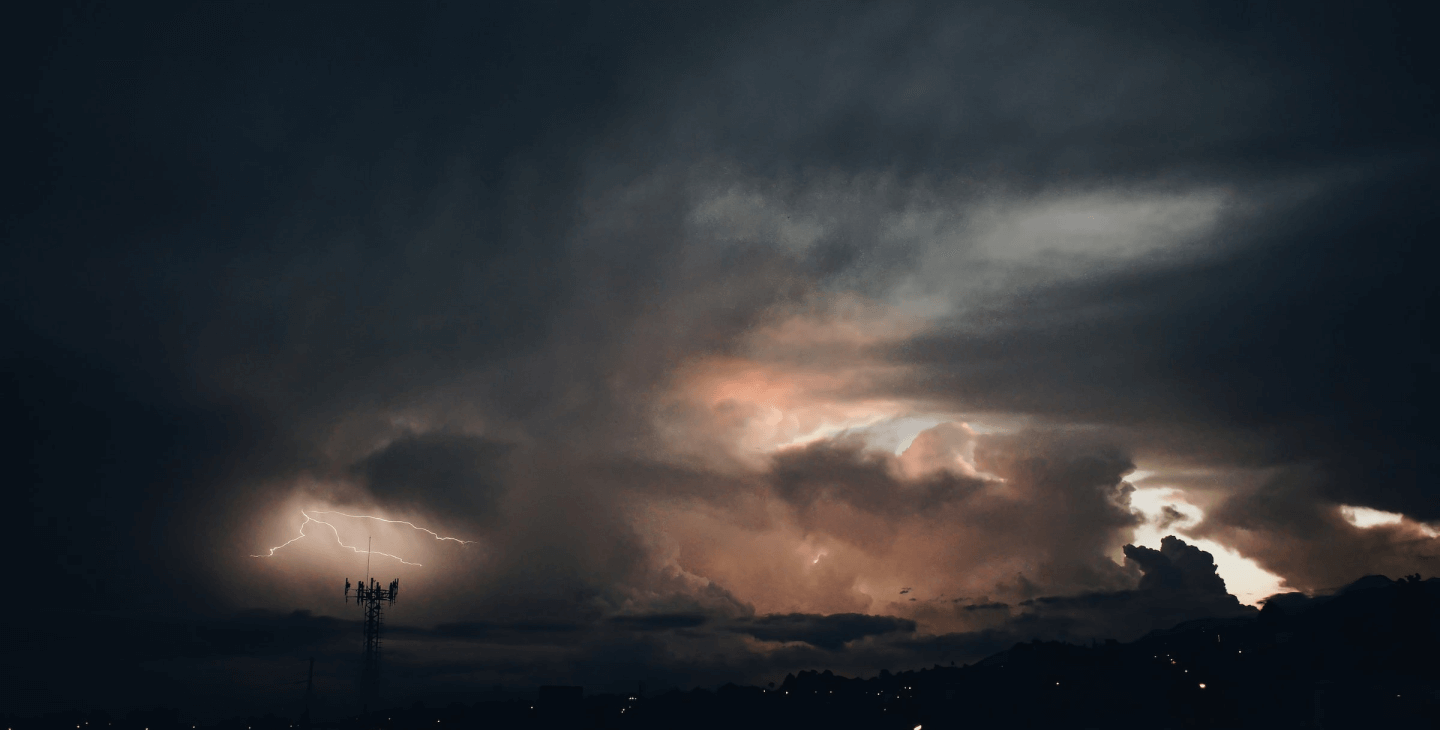Sentinel-2's Super-Resolved Imagery: A Game-Changer for Tracking Forest Fires in Greece
31 October 2023
Mauro Manente, COO at Latitudo 40
The immense wildfires that recently devastated northeastern Greece have underscored the critical need for advanced tools to monitor and manage such ecological disasters. As of August 28th, a staggering 80,000 hectares were decimated in the Evros region, marking the largest wildfire in Greece in over two decades. The fires claimed at least 20 lives, a tragic testament to their destructive power.
In the face of these daunting challenges, space-based earth observation platforms like the European Space Agency's Sentinel-2 satellite constellation have emerged as invaluable tools. With its frequent revisits and open data policy, Sentinel-2 allows for swift, detailed monitoring of active fires. The recent availability of 10m resolution datasets through super-resolution processing significantly enhances its potential for emergency mapping and damage assessment applications, making it a pivotal resource in our efforts to manage wildfires.
The Power of Super-Resolved Imagery
The timelapse visualization, created using Sentinel-2’s super-resolved imagery, reveals the full extent of the aftermath of the Evros wildfires. It not only documents the area burnt this year but also traces the impact of last year’s fires in the Dadia National Park. The stark contrast between the recovering vegetation and the freshly charred landscape is profoundly illuminating. These images exemplify the unique ability of Sentinel-2 to provide extensive burn scar mapping at high resolution.
Forest fire tracking and post-fire ecological impact monitoring present intricate remote sensing challenges. Sentinel-2’s frequent revisit times, large coverage swaths, free data access, and multi-spectral imaging equip it well for this task. The increased detail from super-resolution processing allows for a more accurate assessment of fire boundaries, environmental impacts, and recovery patterns. These capabilities are crucial for developing more effective fire management strategies.
Super Resolution by Latitudo 40: A Crucial Innovation
Sentinel-2 super resolution by Latitudo 40 takes this technology a step further. It provides vital capabilities through its newly available 10m resolution datasets, generated via super-resolution processing. These super-resolved images reveal crucial details that support more effective fire tracking, damage assessment, and post-fire monitoring.
Improved Wildfire Spot Detection
The higher resolution allows for more precise mapping of active fire fronts and hotspots. This assists in directing firefighting resources to where they are needed most, potentially saving lives and reducing property damage.
Enhanced Burn Scar Mapping
Burnt area boundaries can be delineated more accurately, improving damage estimates and recovery planning. Detailed mapping of burn scars can help land managers and recovery teams prioritize resources and make informed decisions about restoration efforts.
Detailed Environmental Impact Assessment
Fire effects on vegetation, soil, hydrology, and infrastructure can be analyzed at a finer scale. This data can inform efforts to mitigate the environmental and societal impacts of fires, from managing erosion and water quality risks to rebuilding infrastructure.
Better Post-fire Ecology Monitoring
Subtle changes in vegetation regrowth and soil conditions are more discernible over time with super-resolution imagery. This can provide valuable insights into ecological recovery and inform long-term management strategies.
Higher Precision Risk Modeling
More detailed historical fire maps, enabled by super-resolution, enhance the accuracy of fire spread and risk models. This can help forecast future fire behavior and identify areas at highest risk, supporting proactive fire management and mitigation efforts.
The Future of Forest Fire Management
With climate change exacerbating fire risk, robust earth observation systems are more critical than ever. Sentinel-2, with its combination of frequent revisits, wide coverage, free data access, and multi-spectral imaging, is well-positioned to play a pivotal role in forest fire tracking. The extra detail from super-resolution processing significantly enhances its value for emergency response and ecological monitoring.
As climate change continues to heighten fire risk, the need for robust earth observation systems is becoming increasingly apparent. Sentinel-2 is poised to serve as an indispensable tool for improving wildfire preparedness, response, and recovery efforts not only in Greece but also globally. Its growing image archive and processing enhancements like super-resolution will enable us to garner deeper insights and develop predictive capabilities to combat these increasingly dangerous fires.
The recent wildfires in Greece serve as a stark reminder of the urgent necessity for advanced monitoring and management tools. Sentinel-2's super-resolved imagery has proven to be a game-changer, providing critical insights and capabilities that can help us better understand, predict, and manage these devastating events. As we face a future with escalating fire risks, embracing and improving upon such technology will be integral to our efforts to safeguard our communities and ecosystems.
Forest Fire Management with Sentinel 2 Super Resolved images in TEMA
The use of multiple technologies dedicated to the management of emergency events is at the core of the TEMA project and the use of Earth observation data assumes a relevant role, especially if intended as a tool for the comparison of pre- and post-event scenarios. The ability to produce derivative products of very high information value from Copernicus data is a desirable functionality for the TEMA toolbox both in terms of producing input data for the different processing chains and in terms of rapid visualisation of pre- and post-event scenarios for the locations impacted by emergencies.

